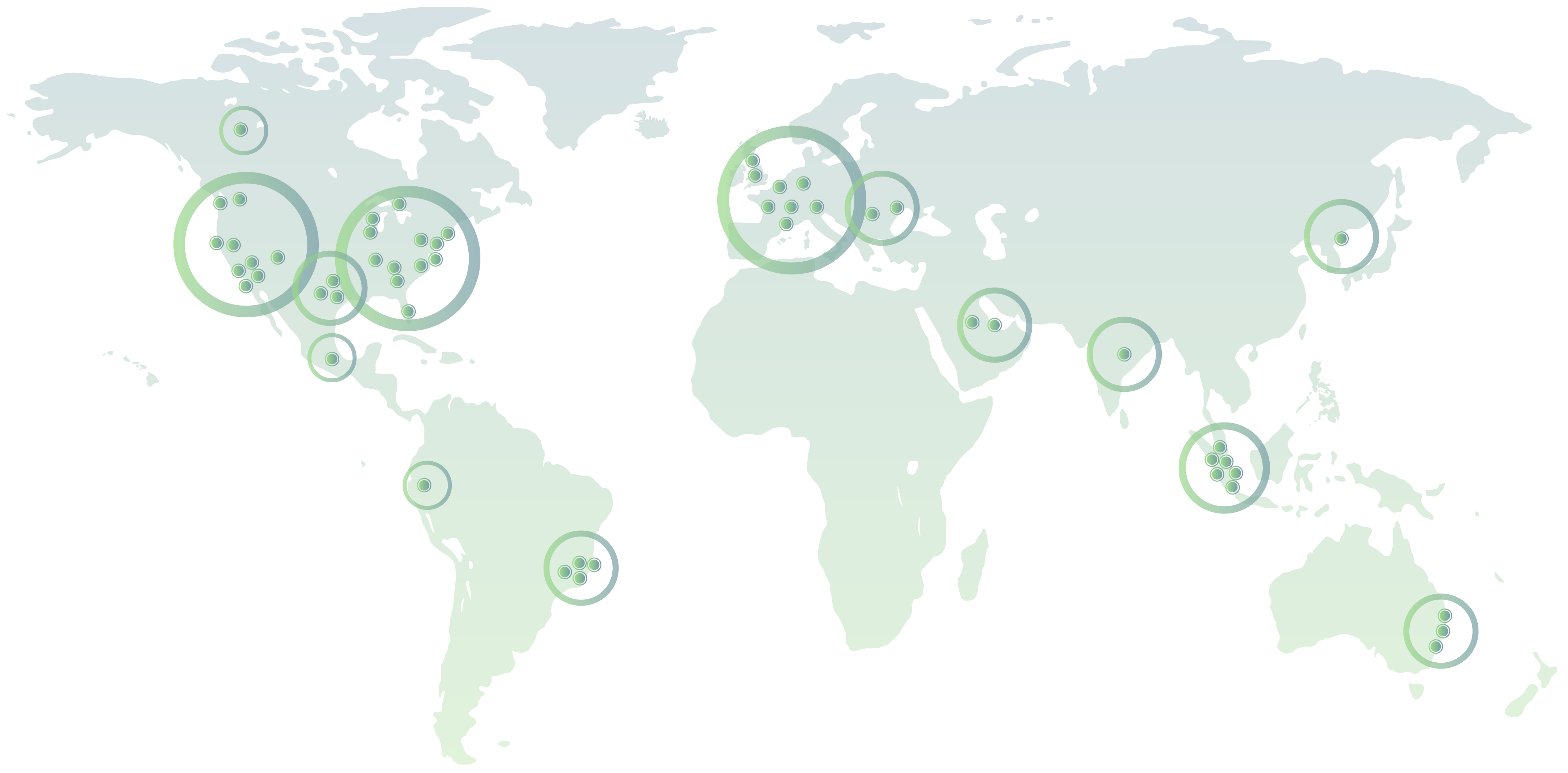
The psychological safety gap is undermining your strategy

If people don’t feel safe, they won’t speak up. And if they won’t speak up, your culture won’t move.
You want innovation. Agility. Resilience.
But none of that happens if people are staying silent.
Because behind every stalled initiative, missed risk, or unexplored idea, there’s often one invisible barrier:
People don’t feel safe to speak.
Not safe to question.
Not safe to challenge.
Not safe to fail, or admit what’s not working.
And if psychological safety isn’t present, inclusion isn’t either.
Psychological safety isn’t about comfort. It’s about contribution.
Too often, psychological safety gets misunderstood. It’s not about being nice. It’s not about softening standards. And it’s definitely not about avoiding hard conversations.
According to Dr. Amy Edmondson, psychological safety is “a shared belief that the team is safe for interpersonal risk-taking.”
It’s the difference between:
- Asking for help—or struggling in silence
- Challenging ideas—or defaulting to yes
- Admitting mistakes—or hiding them
- Offering a different perspective—or staying quiet to stay safe
It’s not about protecting feelings.
It’s about creating a culture where truth has room to breathe.
Inclusion doesn’t start with belonging. It starts with safety.
Without safety, your inclusion work is performative.
People may be present—but not fully participating.
They’ll agree, but never challenge.
Show up, but never really show themselves.
Comply, but never create.
Safety is the precondition for inclusion.
And if you’re not building it intentionally, you’re likely reinforcing silence.
Explore how our Culture Transformation work helps companies shift from safe-on-paper to safe-in-practice.
The risk of silence is strategic—not just cultural
The research is clear:
- Google’s Project Aristotle found psychological safety to be the #1 factor in high-performing teams
- Gallup reports employees who feel safe are 27% more likely to deliver exceptional performance
- CultureAmp data shows inclusion scores drop sharply when mistakes are punished instead of learned from
If people aren’t speaking up, you’re not just losing voice—you’re losing value.
5 quiet signals that safety is missing
You don’t need a culture crisis to be at risk. Here’s what it often looks like:
- Ideas are routinely dismissed or interrupted
- Leaders avoid—or retaliate to—feedback
- Inconsistent consequences for high performers
- Passive-aggressive behavior goes unchecked
- Silence from leadership when issues are raised
These are early warning signs of an unsafe culture.
And they compound fast if left unaddressed.
Our Culture Diagnostic pinpoints exactly where psychological safety is breaking down across your organization.
Safety is not a trait. It’s a system.
Psychological safety isn’t about having “nice” leaders.
It’s about having systems that reward openness and protect candor.
At ZRG, we help organizations hardwire safety into everyday culture through:
- Leading Through Change: equipping managers to lead with openness and consistency
- Structured feedback loops that result in visible action—not corporate ghosting
- Rituals that normalize voice, not performance theater
How to build safety into everyday culture
- Leaders model vulnerability: Say “I got that wrong.” Ask for feedback publicly.
- Normalize dissent: Make challenge a cultural expectation—not an exception.
- Debrief failure constructively: “What did we learn?” should replace “Who’s at fault?”
- Design for voice: Use 1:1s, retros, and listening channels as vehicles for insight.
- Reward the risk, not just the result: Celebrate people who speak up—even when they’re wrong.
When psychological safety is present
- Diverse teams contribute more—not just show up more
- Innovation happens without recklessness
- Mistakes are explored, not hidden
- Feedback becomes fuel
- Trust builds deeper—and faster
This isn’t softness. This is strategic infrastructure for resilience and growth.
When safety is absent
- Inclusion becomes box-ticking
- Innovation stalls under fear
- Engagement surveys mislead
- Toxicity hides behind civility
- Reputational risk builds quietly—until it doesn’t
Final word: safety isn’t optional. It’s operational.
If your people don’t feel safe, they won’t speak.
If they don’t speak, you can’t see what’s really happening.
And if you can’t see the truth, you can’t lead well.
Psychological safety isn’t a vibe. It’s a value driver.
And if you’re serious about inclusion, strategy, and culture—start by creating the conditions where people can show up, speak up, and shape the future.
Because silence?
That’s the real risk.
Meet the Author


